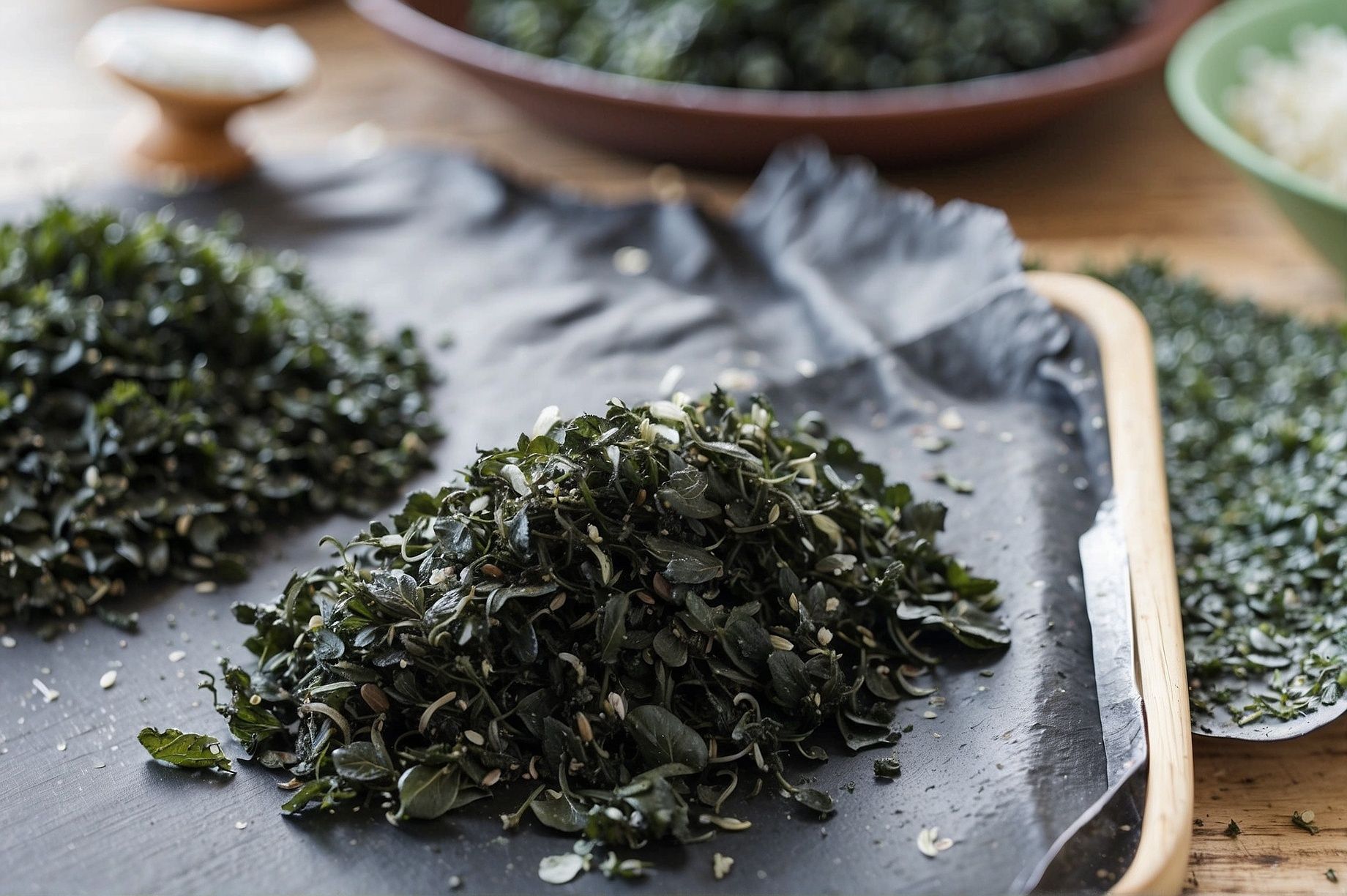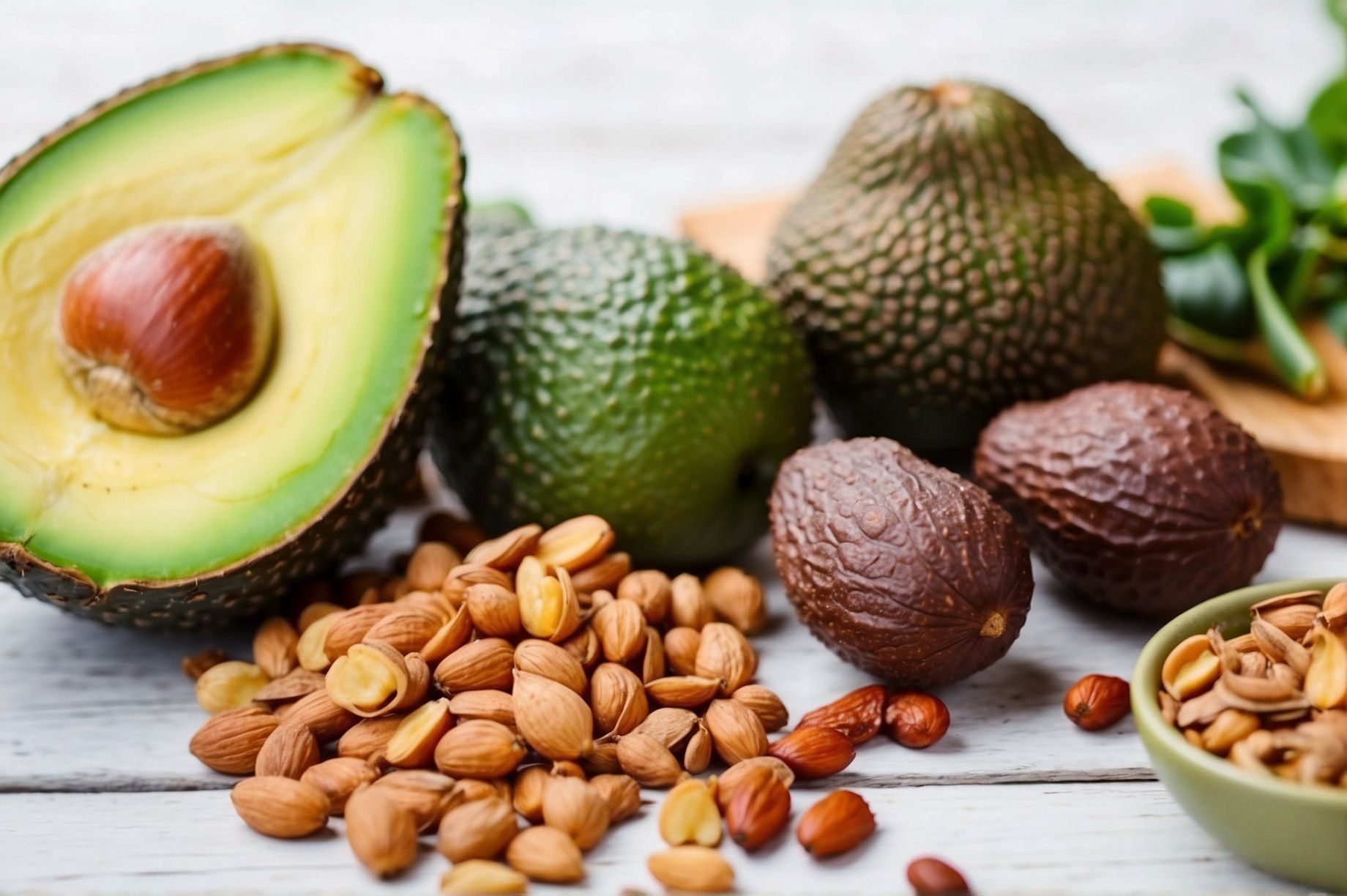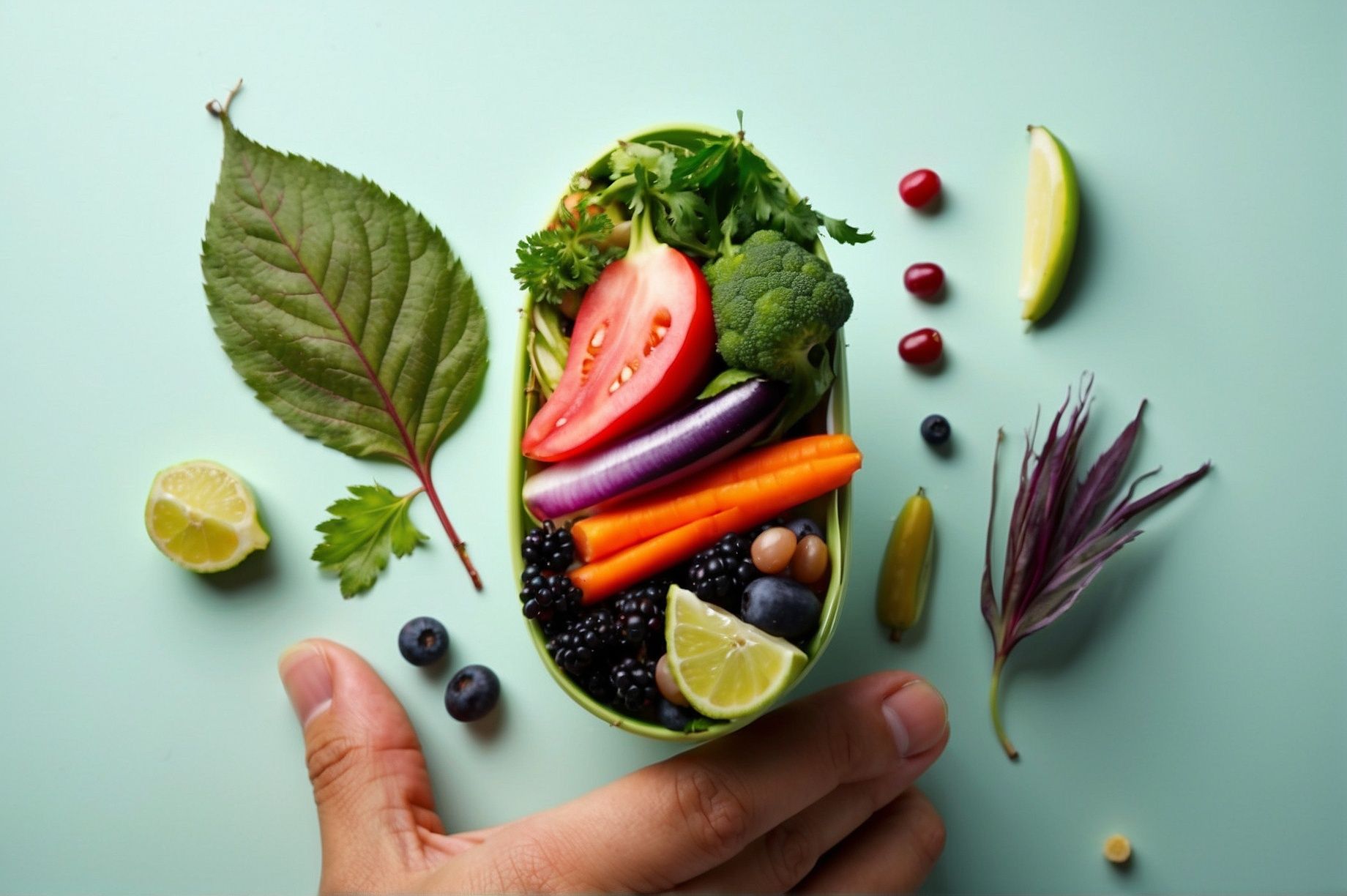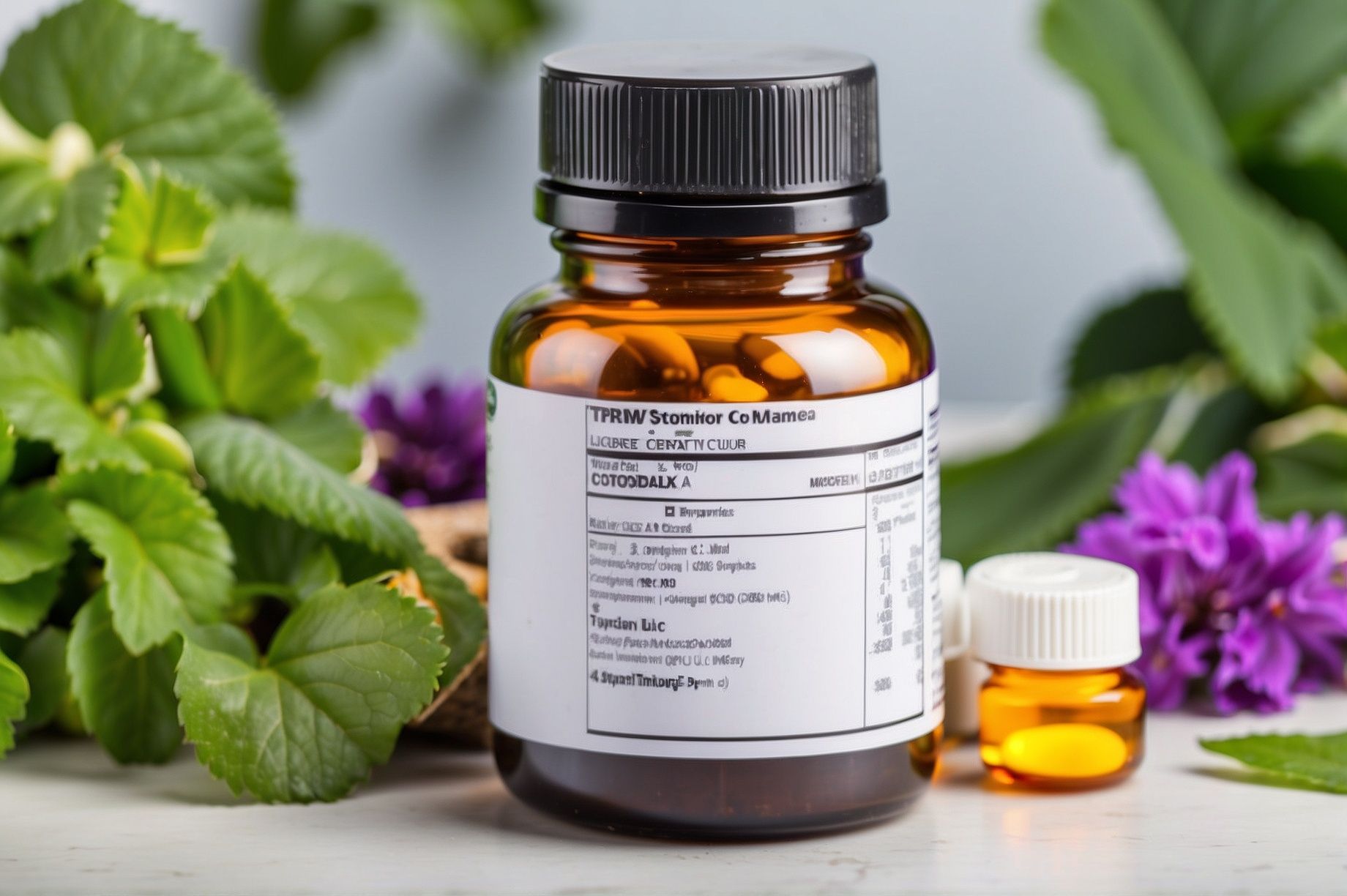Every January, innocent bystanders to recurring social media craze delude themselves into thinking they can maintain a plant-based diet.
Sure, some do.
But the vast majority of people who adopt a plant-based diet don't continue with it. Like it or not, concepts like "#veganuary" are fads that die out at the end of every month when people realize that they were really doing something because their friends thought it was cool, they wanted to look empathetic to the animals. Some do adopt a plant-based diet for themselves or for the environment, but that percentage is low, coming in at under 23% (2023).
Research already tells us the numbers, so we don't need to go into those; you can verify the numbers and the research yourself.
Going plant-based certainly has its issues. In fact, the side effects of a whole-food, plant-based diet sound like the possible side-effects of any medication advertised on TV.
GojiMan summarizes the science-based problems with going plant-based, so let's go over the main reasons why most people abandon a plant-based diet.
Let's clear up some myths about the vegan or plant-based diet and do it with science.
Are Vegans Low in Iodine?
Numerous studies have confirmed that a plant-based diet lacks iodine. Iodine, which plant-based eaters can get through iodized salt and seaweed products like kelp, often gets ignored in a plant-based diet.
Plant-based diet or not: when was the last time you reached for seaweed?
- A study in 2020, conducted on 115 vegans, comparing 55 ova-lacto vegetarians, and 35 pescatarians, confirmed that plant-based eaters had at least 35% less iodine than even ova-lacto vegetarians and pescatarians
- A study in 2023 also found that vegans have lower iodine levels compared to omnivores and pescatarians; 31% of vegans, 34% of vegetarians, and 20% of omnivores had iodine deficiency (less than 100 μg/L)
- A 2023 meta-analysis of 5 studies with over 700 participants (271 vegan) found that vegans have the lowest levels of iodine compared to omnivores, vegetarians, and pescatarians
And the list goes on... just look at the studies on Google Scholar.
You might think that if you're been "totally fine" on a plant-based diet without getting your iodine levels checked, that you'll continue to be fine. But you risk your health -- just as much as if you stayed on an animal-based diet.
Iodine Deficiency Symptoms in Vegans
I was shocked to learn that vegans can suffer from hair thinning and even hair loss from iodine deficiencies, but when I dove into the research, looking over 1 meta-analysis and over 10 studies conducted since 2020, I was shocked to learn about way more potential risks and side-effects of iodine deficiency on a vegan or plant-based diet:
- Goiter: plant-based eaters without adequate iodine sources have an increased risk
- Hypothyroidism: Iodine deficiency causes hypothyroidism, and its symptoms include fatigue, weight gain, and dryness
- Impaired mental function: Childhood iodine deficiency can negatively affect brain development and cognitive function
- Growth retardation: Severe iodine deficiency in children can lead to stunted growth and short stature
- Increased fetal and infant mortality: Iodine deficiency during pregnancy can increase the risk of miscarriage, stillbirth, and infant mortality.
- Learning disabilities: Severe iodine deficiency during early development can contribute to learning difficulties
- Delayed motor development: Severe iodine deficiency in infants can cause delays in motor skills like crawling and walking
- Hearing impairment: Iodine deficiency can be associated with hearing problems in children
- Thyroid cancer: While the link is complex, severe and prolonged iodine deficiency may increase the risk of certain types of thyroid cancer
Should I Take Iodine Supplements?
Short answer: no, but you should supplement with food.
Even the studies listed showed omnivores often risk iodine deficiency.
Even if you eat everything (on a "normal" diet), consider supplementing iodine with:
- Iodized Table Salt: by far the easiest option for plant-based eaters. Avoid the Kirkland "red salt" or "sea salt", and opt for the regular Iodized Table Salt at your local grocery store. It should only cost you $1 dollar
- Seaweed: go to your local Asian markets and purchase nori seaweed. Add it as a garnish to your dishes
- Kelp: also found at your local Asian store. Add it in at the end (you don't need to cook it too much), right when you add the miso paste
- Plant-based milks: some plant-based milks have added iodine. Check the labels, but probably best to stay away from heavily fortified

I do think it's pretty safe to say that most vegans don't eat seaweed regularly. Strictly writing from anecdotal experience, and having attended numerous vegan potlucks in my area, I don't know of a single dish that contained seaweed, kelp, or other seaweed products.
However, anecdotal evidence pales in comparison to hard data; this 2020 meta-analysis confirmed that vegans reported less than 50% of the desired iodine intake.
Arguably the most striking findings to emerge from this explorative study were the extremely low reported intakes of iodine and selenium for vegans, both of which were below their respective LRNIs, at <11 and 50% of daily recommended amounts.
So there you have it: supplement with iodized salt or seaweed. Or suffer the symptoms of hair thinning, hearing loss, goiter, cold hands and feet, and thyroid issues.
Does a Vegan Diet Increase Gallstone Disease Risk?
In short: no.
I tried to corroborate this claim, but my research only turned up studies conducted before 2020.
However, this 2019 study did confirm that a lacto-ovo-vegetarian diet reduces the risk of gallstone disease in Taiwanese women, but that says nothing about a plant-based diet. Why is the study titled "plant-based diet"? 🤔

Science doesn't always "rule" 😔.
I tried to find other studies that back up Gojiman's claims about a low-fat diet increasing risk of gallstones. I did manage to find this 2023 study which suggests that a low-fat diet can contribute to gallstones, but the source of that claim is not mentioned, nor backed up with scientific evidence. The claims about a low-fat diet seem to point to this 2020 article which didn't find any statistically-relevant data.
In fact, the opposite may be true. A 2022 case-controlled study found that "high consumption of vegetable oils, vegetables, fruits, fish, legumes, and nuts, as well as low consumption of hydrogenated fats [...] are inversely associated with risk of gallstones.
But that diet includes fish and vegetable oils. Plant-based eaters don't eat fish. So we may wish to dismiss this study, but we really don't have any strong scientific studies to back up Gojiman's claim here that a low-fat (vegan or plant-based) diet can cause gallstones and gallbladder "issues".
Do Avocados, Nuts, and Seeds Reduce Gallstone Risk?

I also tried to corroborate this claim, but looking on Google scholar yielded no results.
However, this 2021 study did find that high cholesterol and processed foods cause gallstones. Who would have thought 😜?
Obviously, consuming mono-unsaturated fats such as those found in avocados has been inversely linked to heart disease and atherosclerosis (2019).
Moral of the story: don't always trust what you hear from YouTube authorities, and cross-check the facts.
Are Vegans Prone to Liver Disease?

This one caught me off-guard. Studies have already shown that vegans tend to drink less alcohol, but does eating a plant-based or vegan diet actually increase risk for liver disease?
Plenty of meta-analyses have confirmed that eating processed foods is bad for your health. We know this. Even the Canadian food dietary guidelines advise against consuming processed foods.
So what does the research say?
In short: research confirms that a diet high in processed foods increases risk for liver disease. I couldn't find any studies that confirm that plant-based (vegan) junk food causes liver disease. However:
- A 2021 study found that a vegan diet "could help" reduce [liver disease] by up to 12%
- Another 2021 study on a non-processed, whole-food, plant-based diet, found that a vegan diet is inversely linked to fatty liver disease
- A 2022 study confirmed the same thing
What about processed foods, though, and liver disease?
Well, it shouldn't come as a surprise that consuming junk food doesn't reduce your chances of liver disease. This 2021 study found that "ultra-processed food is associated with [...] fatty liver disease". Another 2018 meta-analysis also concludes the same thing, but it's behind a paywall, so I can't verify its claims.
So, in short: are vegans prone to liver disease?
If you eat lots of processed vegan foods, yes.
If you eat a whole-food, plant-based diet, no.
Do Vegans Suffer from Weak Nails?

I hadn't heard this one before, until Gojiman's video because personally, I've experienced much faster nail growth while on a plant-based diet.
So what does the science say about vegan fingernails and overall health?
Starting from the top, this 2010 research paper seems to come up the most for me in my research. The study claims that "nails [...] may be neglected in an examination" -- meaning, it probably doesn't indicate much in terms of health.
You might dismiss that study, as it's published in 2010, but a study in 2021 also concluded the same thing:
Nails as a skin appendage [...] may be neglected by the nondermatologist
However, this 2018 study seems to argue that nail health can be an overall indicator of bone health, but the study later goes on to clarify that "studies have not been consistent and the measurement of nail plate protein and minerals cannot yet be considered as a routine practice for screening of bone disorders."
Other studies like this 2012 study seem to suggest that nails are an indicator for overall health, but I can't find the supporting studies and evidence to back up their claims.
Bottom line: nails probably don't indicate vegan health.
And by extension (pun intended): vegans do not suffer from weak nails.
Myth busted 👻.
